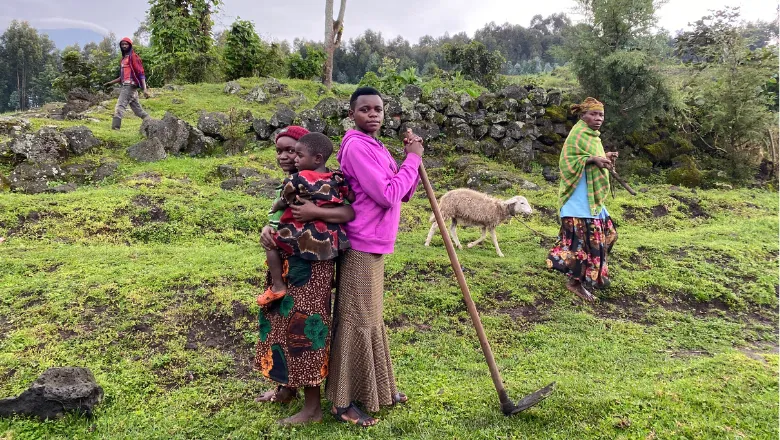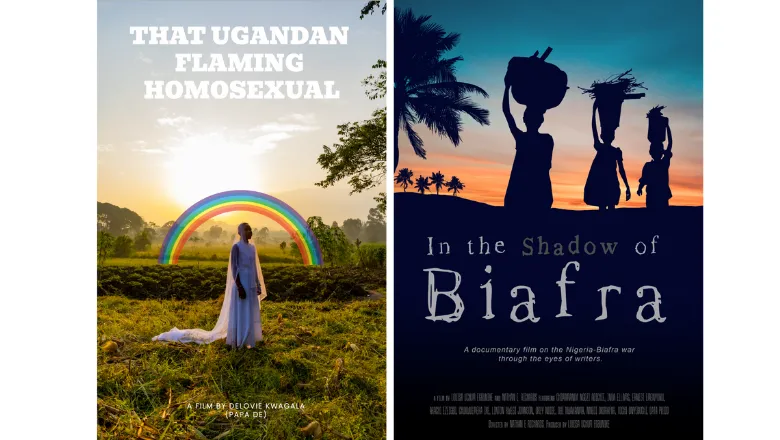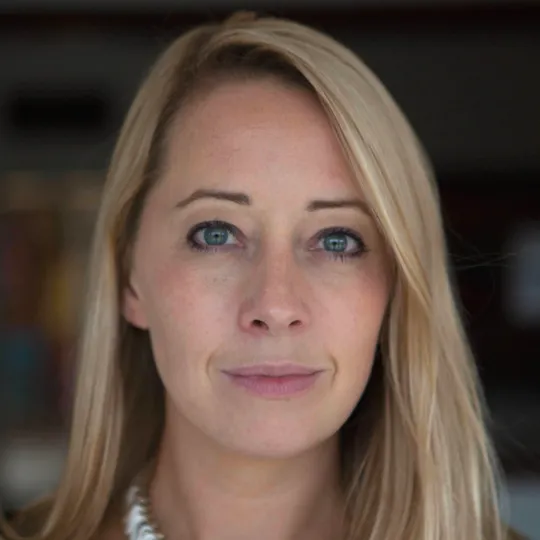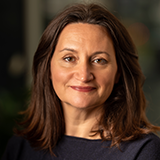Arts Approaches to Resurgent Conflict in Uncertain Times

As the United Nations Deputy Secretary-General Amina J. Mohammed remarked in January 2023, peace “is now under grave threat.” International perceptions of safety are at an all-time low and the world is seeing the highest number of violent conflicts since WWII, with a quarter of the world’s population living in conflict zones.
Given this turbulent context, how can researchers draw on culturally sensitive arts methodologies to explore civilian responses to living with the threat or reality of resurgent conflict?
Global Cultures Institute Fellowship
In Spring 2024 Dr Zoë Norridge (English & DLLC) was awarded a Global Cultures Fellowship to explore this question with co-investigators Professor Rachel Kerr (War Studies) and Dr Nicola Palmer (Law). The work grew out of conversations they had been having for years about post-genocide peacebuilding in Rwanda and the Balkans, and how this was being affected by growing global instability.
Almost 30 years after genocide, in Bosnia and Herzegovina fears are growing that Republika Srpska is edging ever closer to secession, risking the fragile peace. In Rwanda, three decades after the genocide against the Tutsi, there is renewed anxiety about potential conflict with DRC, and anti-Tutsi polarisation in Eastern Congo is resurfacing fear amongst survivors.
Norridge, Kerr and Palmer wanted to apply insights from their existing work with visual cultures around witnessing and reconciliation, to this emerging sense of precarity after an extended period of peace. Arts methodologies are ideal for this work because they can be collaborative, culturally and politically sensitive, and engaged with lived experience. In addition, much current polarisation is being driven by visual media.
During the fellowship a grant application featuring participatory photography, artist residencies, exhibitions and policy briefings was developed for submission to the AHRC. Collaborators include:
- Dr Sylvestre Nzahabwanayo, Institute of Research and Dialogue for Peace, Rwanda
- Velma Šarić, Post-Conflict Research Center, Bosnia and Herzegovina
- Dr Tiffany Fairey, King’s College London
- The APPG for the Prevention of Genocide, UK
- Aegis Trust
Project activity
Support Group for Researchers
Drawing on her own work with genocide survivors and Gestalt groupwork, Norridge convened a fortnightly support group for early-career researchers working on emotionally demanding topics.
Meeting in the REACH space, the sessions provided a space for ten researchers from across Arts & Humanities, SSPP and IoPPN to share their feelings about their work and strategies they had found to make it more sustainable. Research topics included conflict, sexual violence, sexuality, class and mental health. Geographical focus ranged from the UK to Haiti, from Brazil to South Africa to China.
One participant commented: “Being part of this group was a nourishing experience. It has made me feel part of a community of care which is so important within the academy. I have learnt so much from the experiences of others and realise that there are so many things we have in common despite working in different disciplines. To have a safe, shared space where we could freely talk about the emotionally challenging aspects of our work was so helpful and I have left with ideas, tools, frameworks, confidence and some wonderful new friends and allies.”

Africa Week Events
As part of the King’s Africa Week in March 2024, Norridge hosted two film screenings with Q&As.
The first screening was of That Ugandan Flaming Homosexual by DeLovie Kwagala (Papa De), the first openly non-binary queer photographer from Uganda. This very personal film about returning to Uganda to excavate a childhood filled with trauma and love, formed DeLovie’s response to President Yoweri Museveni’s Anti-Homosexuality Bill. DeLovie spoke about the dangers facing queer communities criminalised by this legislation and their hopes for what Uganda could be. Former King’s MA student Aparajita Ray Chaudhuri offered their response.
The second screening was of In the Shadow of Biafra, a film about how creative writers such as Chimamanda Ngozi Adichie, Inua Ellams, Ernest Emenyonu and Nnedi Okorafor, have grappled with the troubling history of the Nigeria-Biafra war. Director Nathan Richards and producer Louisa Egbunike joined King’s PhD candidate Amarachi Iheke to discuss the importance of literature and inheritance of trauma in Nigeria today.
Workshop on Arts and Embodied Approaches to Conflict
Towards the end of the Fellowship a half-day workshop brought together researchers from A&H, SSPP, Law, the Policy Institute, King’s Culture and the Courtauld Institute. Co-hosted by the Global Cultures Institute and Visual and Embodied Methodologies Network, the workshop offered the chance to meet colleagues from across the College using related methodologies from very different disciplinary perspectives.
Break-out groups discussed:
- Trauma-informed collaborations
- The challenges of interdisciplinarity
- And navigating unequal power dynamics.
Participants also shared bodies of work on sexual violence, migration, cross-cultural contact and imaging conflict.
Key insights included:
- Simply meeting each other in an interdisciplinary space with time to exchange research ideas and approaches was a valuable use of time.
- Similar methodological framings could be a helpful way to meet more colleagues across Faculties and Institutions (King’s-Courtauld).
- Researchers need to find a collective voice to advocate for changes to institutional systems and structures (particularly around ethics and finance) to support arts and embodied research.
- King’s is a key institution for research on arts, embodiment and social justice in the UK – this could be further formalised.



